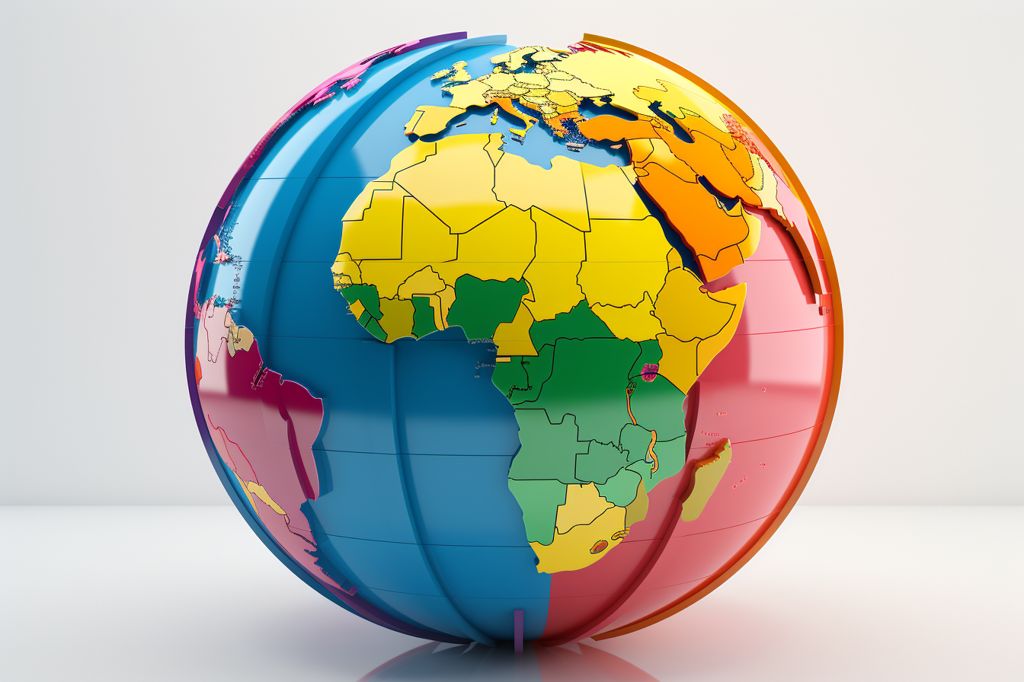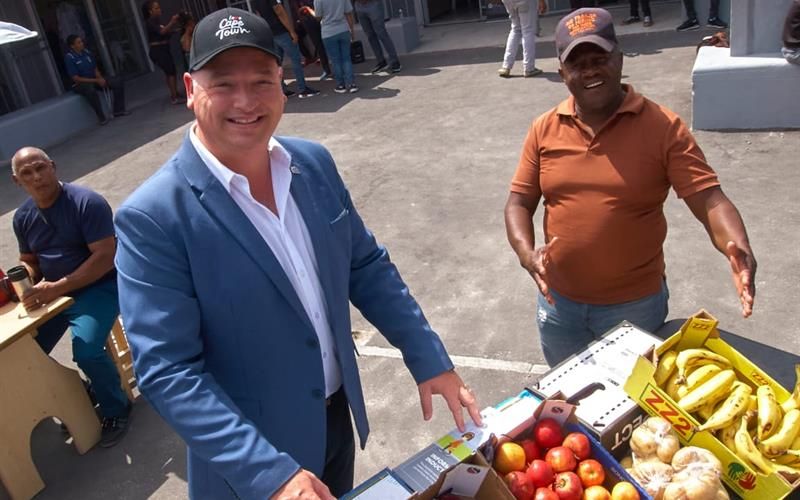The recently concluded XV BRICS Summit, hosted in-person in Johannesburg, South Africa, marked a significant milestone in the organization’s journey. The event signified the resilience and determination of the BRICS nations to overcome challenges and work together for a better world amidst the COVID-19 pandemic.
A Comprehensive Business Program
During the Summit, a comprehensive BRICS business program was organized to attract investment, promote collaboration, and showcase opportunities within South Africa, Africa, and the BRICS countries. This initiative reaffirms the potential of the economic partnership to generate tangible benefits for communities and deliver viable solutions for common challenges faced by the global South.
Commitment to Sustainable Development
President Cyril Ramaphosa welcomed the vision of Ms. Dilma Rousseff, President of the New Development Bank, who emphasized the Bank’s commitment to supporting infrastructure and sustainable development in Africa and the Global South. The 10th anniversary of the BRICS Business Council was also celebrated, with self-review recommendations made to the participating leaders.
Diversity and Inclusivity
The Summit marked the first in-person engagement of the BRICS Women’s Business Alliance with leaders, as well as the inclusion of youth representatives. Both these developments highlight the importance of diverse voices in driving change and promoting collaboration.
Focus on Key Areas
The participating countries addressed the need for beneficial economic growth, sustainable development, and reform of multilateral systems as the organization’s key focus areas. Their commitment to inclusive multilateralism and adherence to international law, as enshrined in the United Nations Charter, remains steadfast.
Peaceful Resolution and Global Inequality
Amidst ongoing conflicts worldwide, the BRICS leaders stressed their commitment to peaceful resolution through dialogue and inclusive consultation. They also expressed concern that the unbalanced recovery from the COVID-19 pandemic is exacerbating global inequality, urging multilateral financial institutions and international organizations to play a constructive role in shaping economic policies.
Exploring Opportunities for Enhancing the Global Financial Architecture
The Summit participants acknowledged the increasing momentum for using local currencies, alternative financial arrangements, and payment systems, and expressed their readiness to explore opportunities for enhancing the global financial architecture. Consequently, BRICS Finance Ministers and Central Bank Governors were tasked with examining these issues and reporting their findings at the next Summit.
Adoption of the Johannesburg II Declaration
The Johannesburg II Declaration was adopted during the Summit, reflecting key BRICS messages on global economic, financial, and political matters. As an equal partnership of diverse nations, BRICS shares a common vision for a better world despite their differing views.
Expansion of BRICS Membership
An agreement was reached on guiding principles, standards, criteria, and procedures for the expansion of BRICS membership. The first phase of this expansion will include Argentina, Egypt, Ethiopia, Iran, Saudi Arabia, and the United Arab Emirates, with membership taking effect from January 1, 2024.
BRICS-Africa Outreach and BRICS Plus Dialogue
To foster a more equitable, inclusive, and representative world, the BRICS-Africa Outreach and BRICS Plus Dialogue were held, engaging leaders from Africa and the Global South in crucial discussions on developing economies.
In conclusion, the XV BRICS Summit signifies a new chapter in the organization’s commitment to building a just, inclusive, and prosperous world. With continued collaboration, innovation, and determination, BRICS countries are well on their way to making a substantial impact on the global stage.








